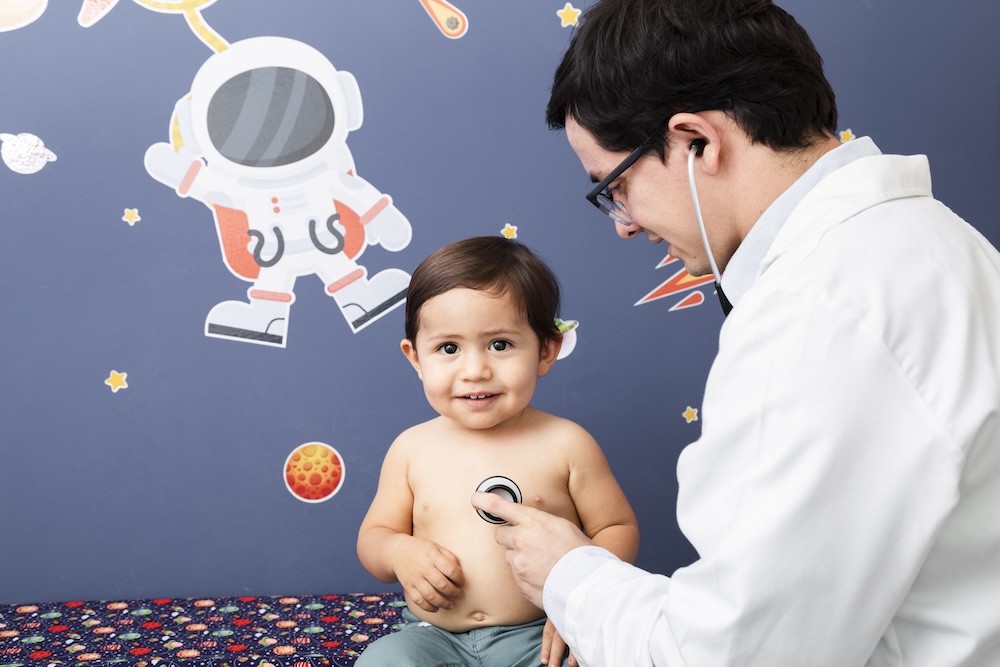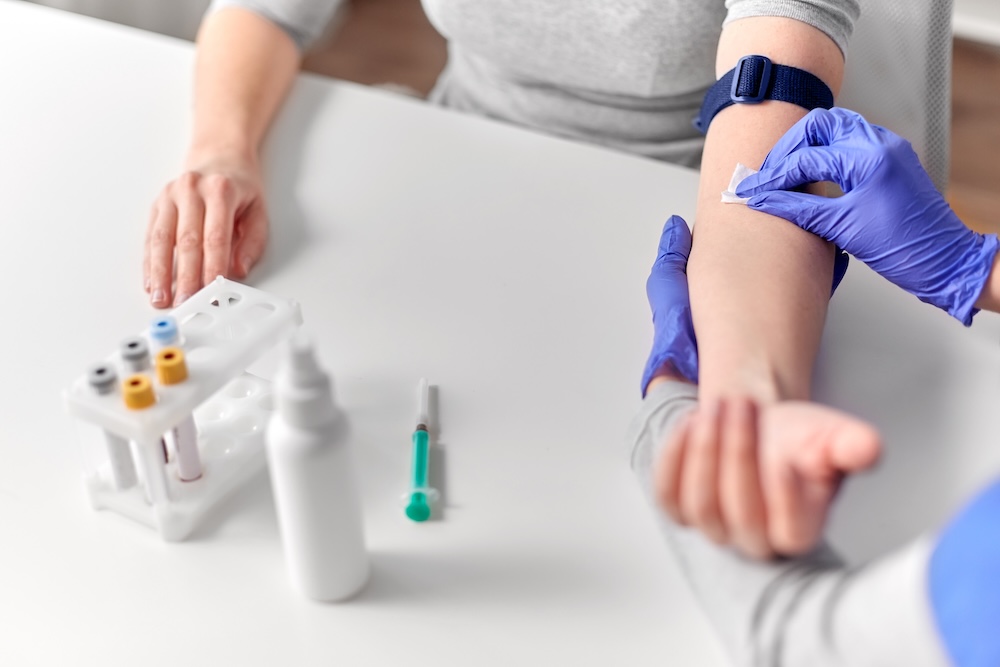Research
Health Tech World explores the latest research developments in the world of health technology. A molecular ‘reset button’ for reading the brain through a blood test Tracking how genes switch on and off in the brain is essential for understanding many neurological diseases, yet the tools to monitor this activity are often invasive or unable [...]
A quarter of teenagers in the UK used AI chatbots for mental health support in the past year, new research finds. A study of 11,000 children aged 13 to 16 in England and Wales found more than half had used some form of online mental health support in the last year, with 25 per cent [...]
Stroke AI in over 70 NHS hospitals is helping patients get treated more than an hour sooner, according to a study of care across England. An analysis of nearly 453,000 patients found about 15,000 directly benefitted when scans were reviewed by the technology, which flags dangerous blood clots within minutes. Hospitals using the Brainomix 360 [...]
A new nasal spray whooping cough vaccine could offer better protection and curb spread, scientists say. The vaccine, known as BPZE1, aims to stop the bacteria living in the nose and throat (blocking colonisation). Current vaccines do not give lifelong protection or prevent people carrying or transmitting it. Eleven babies died among about [...]
In England, GP online contact now exceeds phone calls, new Office for National Statistics data shows. Figures covering three weeks from mid-September show just over 43 per cent of people went online to contact their GP, compared with 41 per cent by phone. The shift comes after all NHS practices were required by the government [...]
Amorphical, developer of nano-amorphous mineral-based pharmacologic agents for health conditions, today announced that the first patient has been enrolled in its Phase 2 clinical trial evaluating the company’s investigational nano-amorphous mineral-based therapy in patients with Stage IV pancreatic cancer. The study, approved by the Helsinki Committee of Shaare Zedek Medical Center and the Israel Ministry [...]
The NHS’s first prostate cancer screening programme could receive approval this week from the government’s National Screening Committee. The National Screening Committee (NSC) meets on Thursday to decide whether to introduce wider screening to detect disease earlier. Any rollout would likely focus on those at highest risk, including people with a family history or specific [...]
Scotland has set out a life sciences strategy aimed at growing the sector to £25bn by 2035. The Scottish Government’s refreshed Life Sciences Strategy focuses on infrastructure and skills, and brings in technologies such as artificial intelligence. An initial £1m will support delivery. Business minister Richard Lochhead, who launched the strategy at Dundee [...]
A new report from System C, ‘AI with Purpose: Insights from 300 Voices Shaping the Future of Health and Social Care,’ reveals a strong appetite for artificial intelligence across the NHS and wider healthcare sector – with the majority of respondents agreeing that AI can help streamline tasks and improve care delivery. The findings, published [...]
New pinprick blood tests could detect early signs of disease more than 10 years before symptoms appear, following analysis of samples from 500,000 people. The tests are being developed after researchers completed measurements of nearly 250 different proteins, sugars, fats and other compounds in blood collected from half a million volunteers. These molecular profiles provide [...]
















